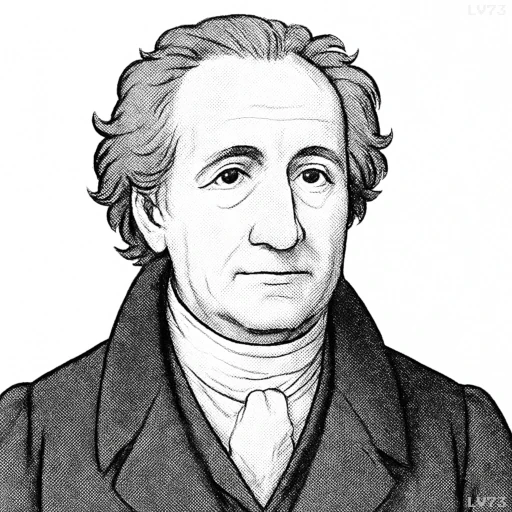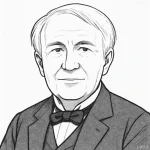“The unnatural, that too is natural.”

- August 28, 1749 – March 22, 1832
- German
- Poet, playwright, novelist, philosopher, politician
table of contents
Quote
“The unnatural, that too is natural.”
Explanation
Goethe suggests that what may seem unnatural or artificial is, in fact, part of the natural world. This idea reflects the complex relationship between nature and human innovation—things that appear to be contrary to nature, such as human-made structures or practices, are still a product of human nature itself. In this sense, humanity’s actions, creations, and alterations of the world are just as much a part of the natural order as the untouched landscape or biological processes. Human nature encompasses the ability to shape and transform the world around us, which is an intrinsic part of our existence.
Historically, this idea fits with the Romantic movement, which often emphasized the interplay between nature and human creativity. While some in the Romantic era idealized unspoiled nature, thinkers like Goethe recognized that human intervention and even the unnatural creations of society were also products of the same natural forces. For instance, cities, technologies, and artificial landscapes may seem removed from nature, but they are formed by natural human instincts, desires, and ingenuity.
In the modern world, this concept can be applied to the ever-growing interaction between nature and technology. Urbanization, for example, may seem to contradict the natural environment, but it is an inherent part of the human drive to build, organize, and improve our surroundings. Whether it’s in architecture, technology, or even culture, the lines between what is “natural” and “unnatural” blur, as our creations are still extensions of human nature and the world we live in.
Goethe’s words remind us that human creativity and transformation are not outside the realm of nature—they are a reflection of its infinite complexity. What we deem “unnatural” is often just a new form or evolution of the natural world, shaped by our desires, visions, and actions.
Would you like to share your impressions or related stories about this quote in the comments section?




